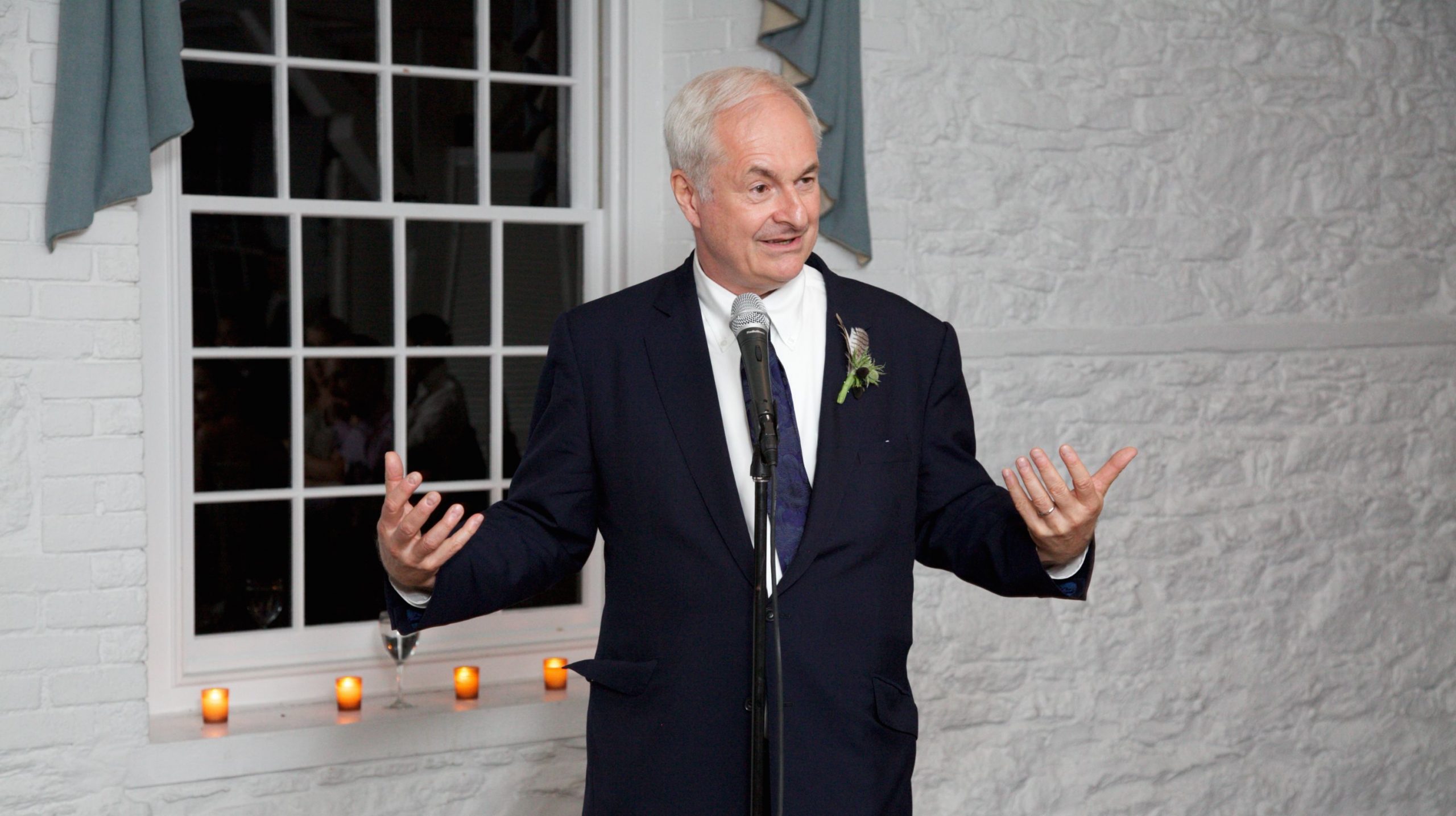A 28 day limit to police bail is introduced today following concerns that thousands of innocent people were being left languishing in a ‘legal limbo’.
According to the Home Office the limit, which is introduced under the Policing and Crime Act 2017, will ‘rebalance the police’s use of bail in the interests of fairness’. ‘Pre-charge bail is a useful and necessary tool but in many cases it is being imposed on people for many months, or even years, without any judicial oversight – and that cannot be right,’ said Home Secretary Amber Rudd.
Under the new legislation the police could secure an extension beyond the 28 days bail period where it was ‘appropriate and necessary, for example in complex cases’. ‘One extension of up to three months can be authorised by a senior police officer at superintendent level or above,’ the Home Office said.
In December 2014 the Justice Gap was the signatory to an open letter published in the Daily Telegraph and Guardian calling upon the government to reform police bail (here). It pointed out that more than 70,000 people were ‘languishing on a form of legal limbo in England, Wales and Northern Ireland’ and more than 5,000 of those had been on police bail for more than six months.
‘Innocent people have been left on pre-charge bail for years before their cases have been dropped or thrown out of court,’ it continued. ‘This is a scandal. Those on it have their careers put on hold. The mental anguish of not knowing what will happen to them is in itself a form of punishment without trial: the weight of suspicion grows heavier with each day. There is no right of appeal.’
When Paul Gambaccini who was held on bail for a year appeared before the House of Commons’ justice committee in 2015, he told MPs that he had been a victim of a ‘flypaper’ investigation: a high profile suspect’s name is hung up in public, endlessly re-bailed to keep the investigation ‘live’, with the hope that the original accusation draws further complainants out of the wood-work.
In an interview with the Justice Gap, Gambaccini explained that his serial re-bailings were deliberately timed to coincide with developments in cases of other celebrities. ‘The police are interested in results not justice and public relations rather than truth,’ said Gambaccini. ‘If it helps their PR to paint elderly gay people as paedophiles, they will – even if it is intellectual preposterous and morally repugnant.’
David Tucker, crime lead at the College of Policing, said that the new legislation was ‘a significant change for policing and has sought to strike a balance between the need for police to manage investigations and not leaving a person suspected of a crime on bail for an unacceptably long period’.







